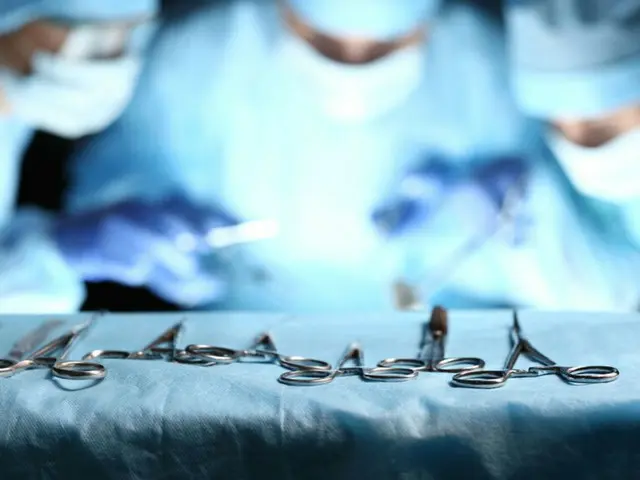The offenses subject to license revocation stipulated as ``grounds for disqualification'' have been expanded from ``job-related crimes'' to ``all crimes,'' making the possibility of license revocation higher than before, but the procedure for reissuing a license has not been completed.
This is because it has become more complicated. In April last year, the National Diet passed a medical law amendment bill out of 177 that would require the license of a medical practitioner to be revoked if he or she is sentenced to imprisonment or more for any crime.
It passed with 154 people in favor, 1 person against, and 22 abstentions. Originally, the existing medical law stipulated that a person's medical license would be revoked if he or she was convicted of a work-related crime punishable by imprisonment or more. but
At the time, the revised Medical Care Act, which was passed under the leadership of the Democratic Party of Japan, made it a condition for disqualification from becoming a medical professional if the person received a sentence of imprisonment or higher (including suspension of execution or suspension of sentence) for any crime, even if it was unrelated to the job. stipulated in
. The grounds for disqualification as a medical practitioner are grounds for license revocation as stipulated in Article 65 of the Medical Care Act. If he receives a sentence of imprisonment or higher for any reason, there is a high possibility that his medical license will be revoked.
(Doctor-in-training) A significant number of specialized doctors who have been criminally prosecuted by the Ministry of Health and Welfare (the Ministry is equivalent to a ministry) for group behavior may lose their licenses. In addition, the Ministry of Welfare may provide exemptions based on the Medical Care Act without going to court.
If a driver's license is suspended three or more times, the driver's license can be revoked. Up until now, the Ministry of Welfare has issued orders to individual specialty doctors to start practicing, and orders to all specialty doctors to maintain their practice, but if they violate these orders, their licenses will be suspended.
Become a reason. In particular, the procedure for reissuing a medical license after its license has been revoked under the revised Medical Care Law is also complicated. Article 65, Paragraph 2 of the Medical Law provides that ``Even if a person whose license has been revoked, there is no reason for the revocation.''
If the driver has completed an educational program specified by presidential decree, the driver's license may be reissued.
It is noteworthy that the Minister of Health and Welfare has the authority to revoke and reissue licenses under the Medical Care Act. They took collective action, advocating for an increase in the number of medical school students.
There are speculations that if a driver's license is revoked after that, it will be difficult to receive a license again. Recently, the Ministry of Health and Welfare has made stricter standards regarding reissuance of medical licenses after revocation.
It has also been reported that related research has been completed. Oh Ji Eun, a nurse and lawyer who specializes in medical law, said, ``The main point of the medical law revision last November was to protect medical professionals whose licenses have been revoked.
The purpose is to strengthen the re-issuance procedure a little more, and the law actually stipulates that the completion of an educational course is a prerequisite for re-issuing."
They say they will create guidelines, but in reality, much of the work will be further referred to the re-issuance deliberation committee, and even if they are, medical professionals will have to bear the burden of deciding on re-issuance.
This means that there have been far more." He added, ``The timing of the re-issuance of medical licenses may also be delayed considerably.''
2024/03/04 11:29 KST
Copyrights(C) Herald wowkorea.jp 85

